10 GREATEST Russian composers

1. Mikhail Glinka (1804-1857)
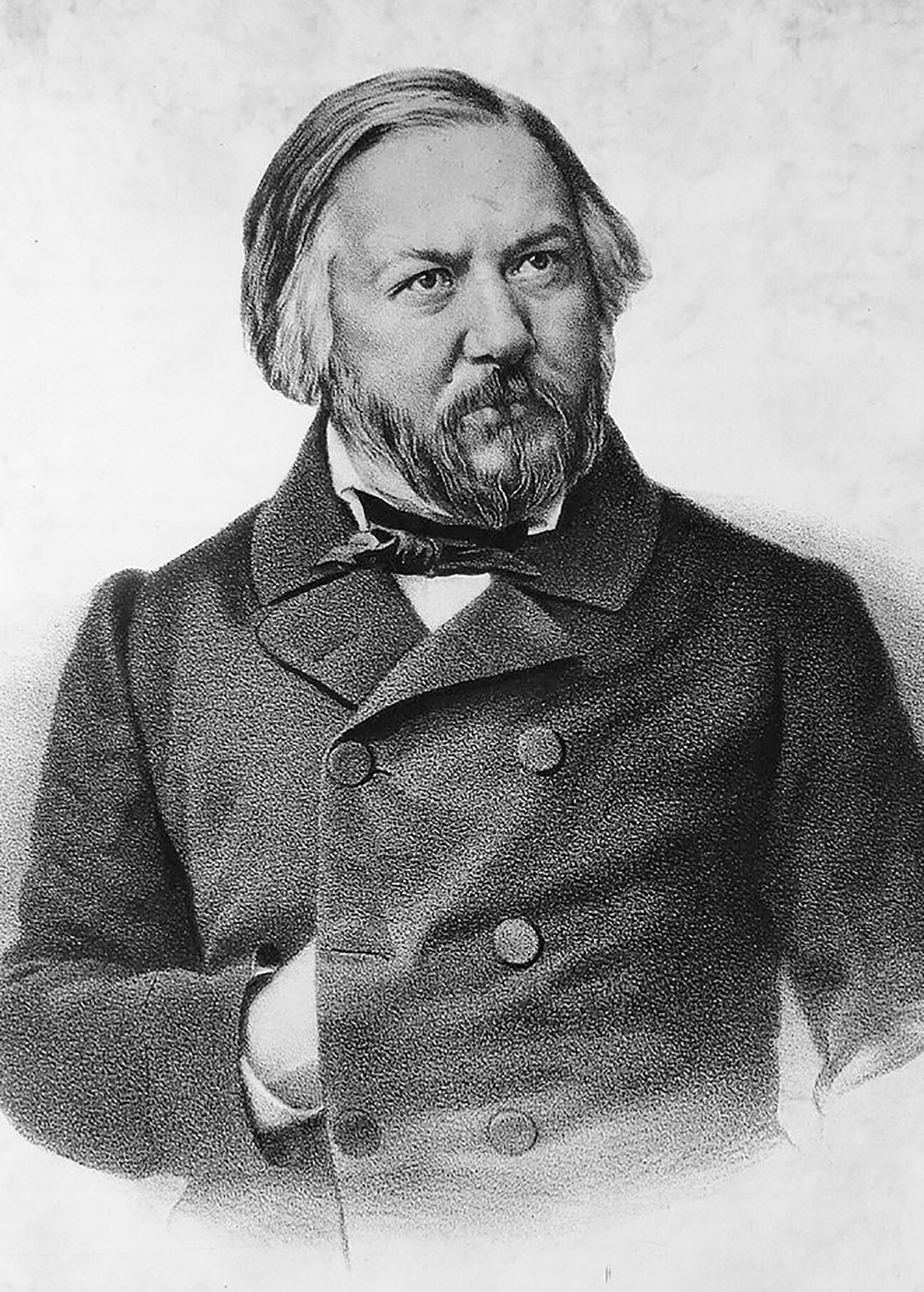
Mikhail Glinka is regarded as the founding father of Russian classical music. He took lessons abroad and extensively studied European music, but he was one of the first to try to find his own language and a homegrown genre based on Russian source material.
Before Glinka, Russian operas had borrowed foreign (mainly Italian) plots and music. He, by contrast, composed national operas that struck a chord with society and greatly influenced subsequent generations of composers, including the great Tchaikovsky. Glinka was the first to use Russian literary sources for his compositions - for example, he turned Alexander Pushkin’s long poem ‘Ruslan and Lyudmila’ into an opera. He also collected folk music and the melodies of Russia’s different ethnic groups and incorporated them in his works.
His ‘Ivan Susanin’ (‘A Life for the Tsar’) became one of Russia’s first historical operas. The composer reinterpreted a popular myth-laden story from the early 17th century about a heroic feat performed by a peasant named Ivan Susanin, who didn’t reveal to Polish invaders the place where new Tsar Mikhail Romanov was hiding, leading them astray into a dense forest.
One of Glinka’s best known works - ‘Patriotic Song’ - is considered to be the quintessence of his creative quest to convey the concept of the “Russian character” in music. It even formed the basis of the Russian national anthem (between 1990 and 2000).
2. Pyotr Tchaikovsky (1840-1893)

Initially, music was just a hobby for the future genius composer. A serf peasant girl had taught him how to play the piano. As a child, he was particularly fond of Mozart and, then, became a real fan of Italian opera.
It is difficult to overestimate the importance of Tchaikovsky for Russian culture as a whole. His influence on music was akin to Pushkin’s on literature - he composed highly acclaimed and well-known masterpieces in a wide variety of genres. His portfolio includes 10 operas, three ballets, seven symphonies and countless works in different genres for orchestra and individual instruments.
His ballets ‘Swan Lake’ and ‘The Nutcracker’ are known the world over and many melodies from them are readily recognizable even by those who are not particularly devoted to classical music. And his Piano Concerto No. 1 for orchestra contains one of the best known symphonic melodies: It was even played in place of the national anthem when Russian athletes mounted the podium at the 2020 Summer Olympic Games in Tokyo and 2022 Winter Olympics in Beijing.
His opera ‘Eugene Onegin’, staged at the Imperial Theater in St. Petersburg, was a huge success. According to legend, Leo Tolstoy wept over Tchaikovsky’s melodies. Emperor Alexander III, who loved all things “Russian”, also highly appreciated Tchaikovsky.
Read more: Pyotr Tchaikovsky: How a boy from the sticks became Russia's most famous composer
3. Alexander Borodin (1833-1887)
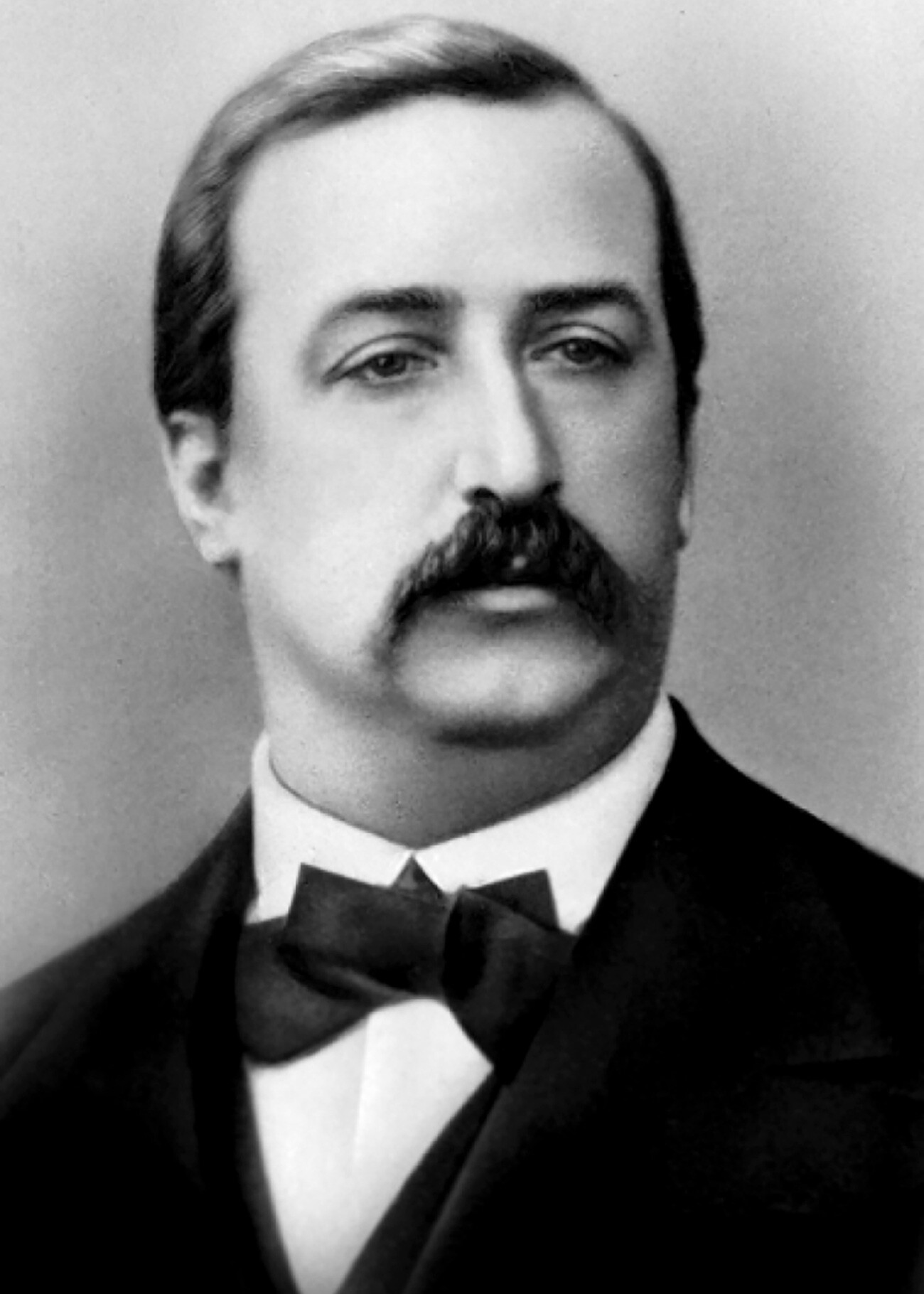
Alexander Borodin was a prominent scientist and chemist who only wrote music in his spare time. His legacy doesn’t run to many works, but ‘Prince Igor’ is regarded as one of the best operas in the history of world music.
‘Prince Igor’ is based on the old Russian epic ‘The Tale of Igor’s Campaign’. It is one of the most Russian of symphonic works in spirit and atmosphere. It features the powerful sound of a folk choir, folk instruments and arias in the form of poignant laments in the Russian manner.
Alongside Mussorgsky and Rimsky-Korsakov, Borodin was a member of a group of composers known as ‘The Five’ (or ‘The Mighty Handful’). They saw themselves as successors to Mikhail Glinka and sought to bring Russian national ideas into their music.
4. Modest Mussorgsky (1839-1881)

Modest Mussorgsky was another member of ‘The Five’ and his music contained vivid national elements. He was an army officer and part-time pianist and was not taken seriously as a composer. During his lifetime, only one of his major compositions was performed - the opera ‘Boris Godunov’, based on the tragedy by Alexander Pushkin.
Mussorgsky didn’t complete many of his compositions and they were finished by others. For example, that was the case with one of his most famous operas, ‘Khovanshchina’, about the ‘Streltsy’ uprisings and the crisis of power at the end of the 17th century. It was only staged after his death.
Other composers also wrote the orchestration to many of his works for him. Mussorgsky was not regarded as particularly adept at this himself. At the same time, he also left outstanding works for orchestra such as the tone poem - or “musical picture” - ‘A Night on the Bare Mountain’.
5. Nikolai Rimsky-Korsakov (1844-1908)
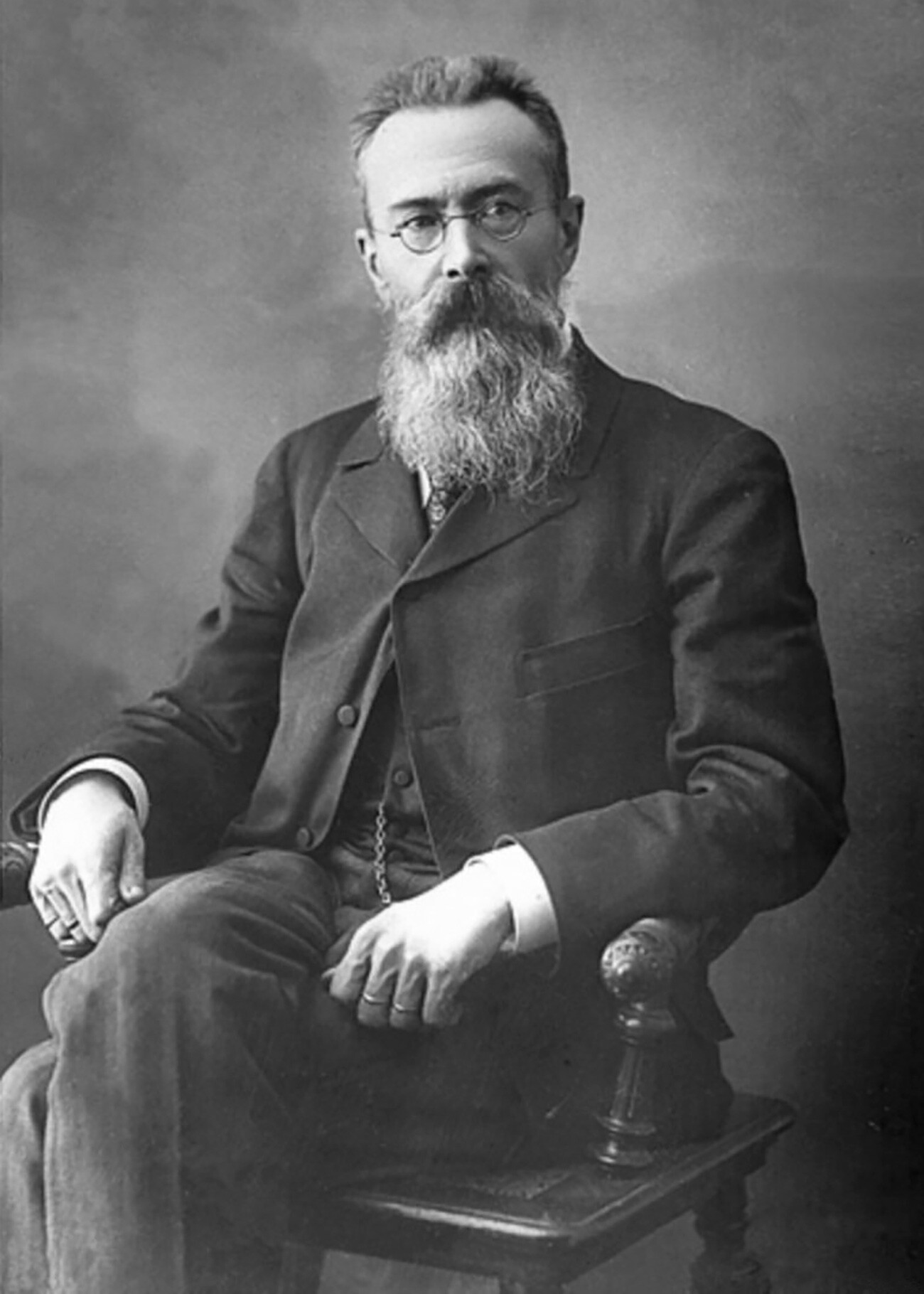
Rimsky-Korsakov was an important member of ‘The Five’ and many of his works were interpretations of popular folklore and Russian culture. He composed a large number of symphonic works, as well as 15 operas. The most famous are ‘The Snow Maiden’, ‘Sadko’ and ‘The Tale of Tsar Saltan’ (with its world-famous orchestral interlude, ‘The Flight of the Bumblebee’).
Rimsky-Korsakov was also a music critic and theorist and helped other composers to edit and orchestrate their works. Additionally, he was one of the most talented music professors of the 19th century and spent many years teaching at the St. Petersburg Conservatory. Many of his pupils became prominent composers. Among them were Alexander Glazunov, Mikhail Gnessin, Sergei Prokofiev, Igor Stravinsky and many others.
6. Alexander Scriabin (1871-1915)
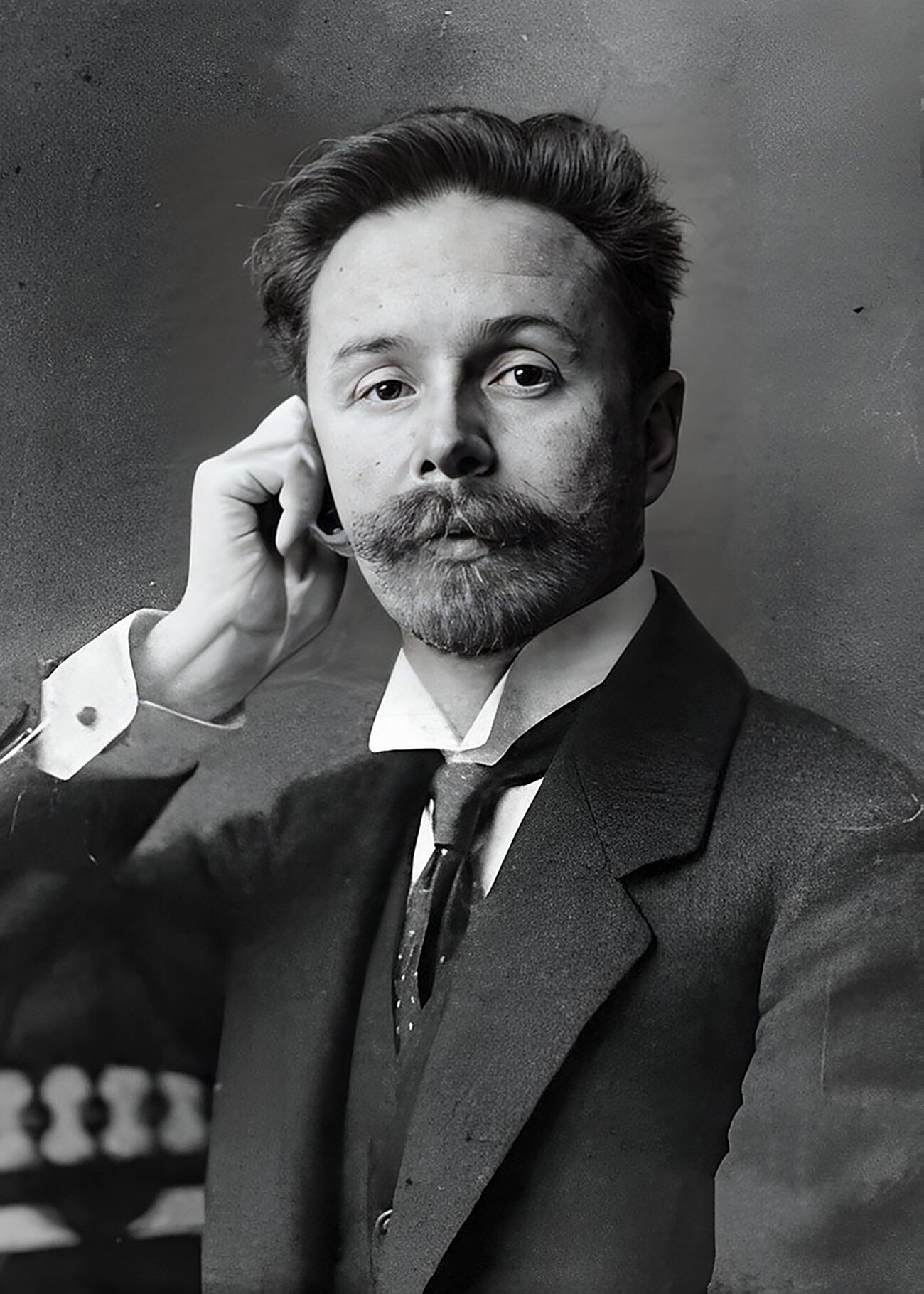
He is regarded as a precursor of the avant-garde in music. Scriabin’s compositions were highly complex and intellectual and packed with symbolism. The composer and mystic believed that his art could influence changes in the Universe and thought that it was possible to compose a melody capable of bringing about the Apocalypse. His innovative creative experiments sometimes shocked audiences.
His three symphonies, as well as the tone poem 'Prometheus', are his most famous works. In the score of the latter, Scriabin gave each note its own color, thus becoming a pioneer in combining music with color and light. He had a rare gift of synaesthesia: He interpreted all musical tonalities as having a particular color. Moreover, he used dynamic colored lighting in performances of his work.
7. Sergei Rachmaninoff (1873-1943)
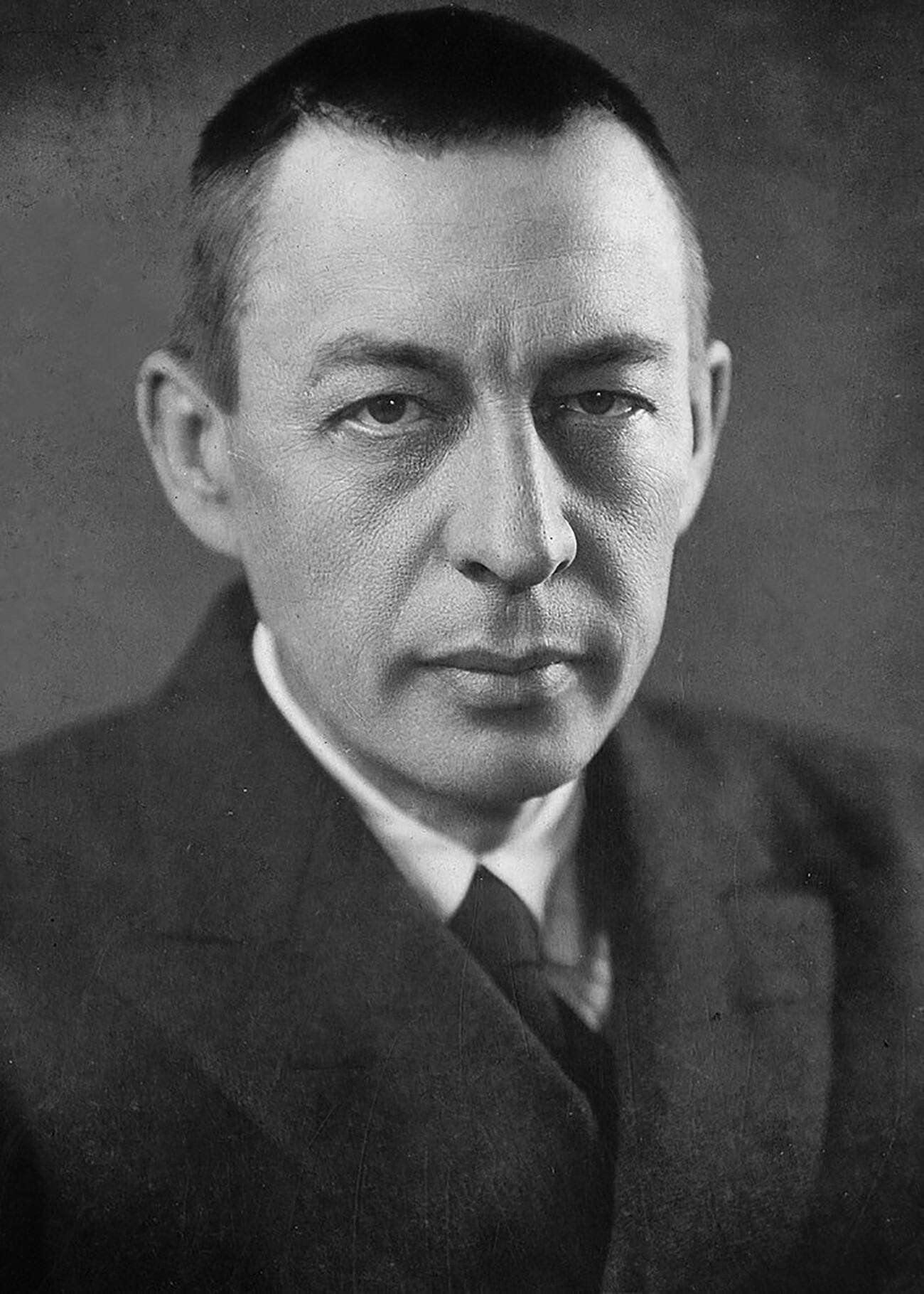
A pupil of Tchaikovsky, Rachmaninoff started playing the piano when he was four and put on his first opera at the age of 19. His famously large hands could stretch across one-and-a-half octaves. "I am 85 percent musician, and only 15 percent human," he said about himself.
After the 1917 Revolution, Rachmaninoff emigrated to the U.S., lived there for 26 years until the end of his life, becoming famous there. And yet he is regarded as one of the most Russian of composers.
His most famous works are his piano concertos for orchestra. The Piano Concerto No. 3 is one of his most frequently performed works (and is regarded as one of the supreme piano concertos).
Read more: 7 pieces of classical music by Sergei Rachmaninoff everyone should know
8. Igor Stravinsky (1882-1971)

Igor Stravinsky won worldwide fame with three ballets that he wrote for Sergei Diaghilev’s ‘Ballets Russes’ in the early 1910s - ‘The Firebird’, ‘Petrushka’ and ‘The Rite of Spring’. In them he extensively used the folkloric themes that were so popular then in avant-garde circles.
Later, the composer was attracted by Neoclassicism and the stylization of older Baroque and Romantic motifs, wrote the ballet ‘Pulcinella’ in Italian style and the operas ‘Oedipus Rex’ and ‘Perséphone’. In his subsequent work (much criticized), he embraced experimentation and complex ‘dodecaphony’, also known as twelve-tone serialism.
Despite the fact that the composer emigrated from Russia before World War I (he lived in Europe and then moved to the U.S. with the outbreak of World War II), he saw himself as a Russian composer until the end of his life. In 1962, he even went on concert tours to Moscow and Leningrad.
Read more: 10 facts about the composer Igor Stravinsky you need to know
9. Sergei Prokofiev (1891-1953)

Ballets, operas, symphonies, concertos, cantatas and film music – Sergei Prokofiev was one of the most prolific Russian composers of the 20th century. Like Stravinsky, he composed ballets for Diaghilev and the two talents were regarded as creative rivals over a period of many years.
Prokofiev left Russia after the Revolution - officially, he was away on duty trips and concert tours - and returned to the USSR in the 1930s. One of his most famous works, written immediately after his return, was the symphonic fairy tale ‘Peter and the Wolf’.
The composer was the object of public acclaim in the USSR and the recipient of numerous state prizes. His ‘Romeo and Juliet’ became one of the most popular ballets of the 20th century. (The ballet's most recognizable melody - ‘Dance of the Knights’ - has been repeatedly reworked and you will undoubtedly have heard it in, for instance, the Robbie Williams song, ‘Party Like a Russian’.)
10. Dmitri Shostakovich (1906-1975)

Dmitri Shostakovich was one of the most talented, but also most complex composers of the 20th century. He was nominated for an Oscar for his adaptation of Modest Mussorgsky’s music for the screen version of the opera ‘Khovanshchina’ and a Grammy Award for his musical compositions.
At the same time, he spent his whole life battling with Soviet censorship. “Muddle instead of music,” was how Soviet critics reacted to Shostakovich’s opera ‘Lady Macbeth of Mtsensk’, after which he was subjected to a campaign of harassment.
During the Siege of Leningrad, Shostakovich remained in the city, composing his famous 7th Symphony (‘The Leningrad’), which was performed at the local Philharmonia. It was heard not just in Leningrad, but throughout the world.


